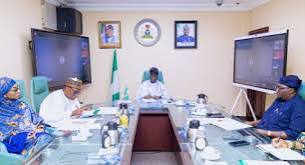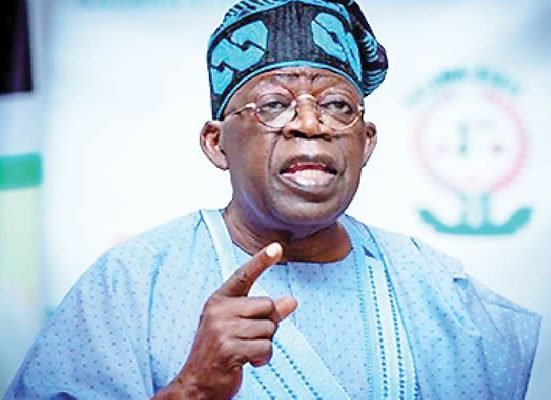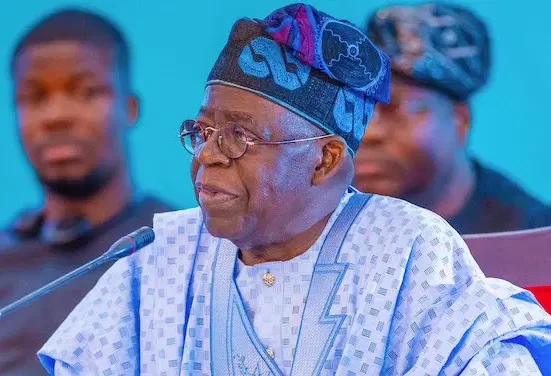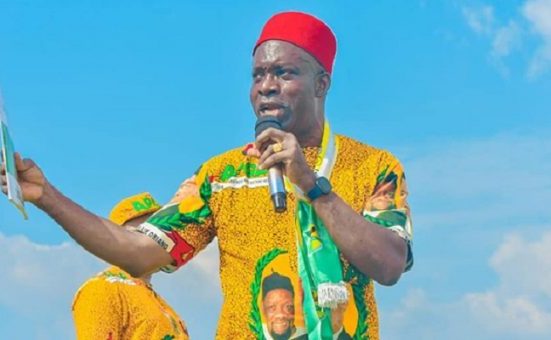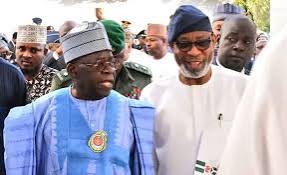In response to the recent imposition of tariffs by the United States, the Federal Government of Nigeria has formed a subcommittee to assess the potential economic impact of these measures on the country. This decision was made during a meeting of the Economic Management Team (EMT), chaired by Minister of Finance and Coordinating Minister of the Economy, Wale Edun. The subcommittee includes representatives from key ministries and agencies, such as the Federal Ministry of Finance, the Ministry of Budget and Economic Planning, and the Central Bank of Nigeria (CBN).
The new U.S. tariffs, announced by President Donald Trump, include a base duty of 10% on goods from over 50 countries, including Nigeria. Although crude oil, Nigeria’s primary export, is not directly targeted, the policy has coincided with a decline in international oil prices, raising concerns about potential revenue shortfalls and budgetary pressures. The subcommittee’s mandate is to conduct a detailed review of both the direct and indirect economic impacts of the tariffs and the broader shifts in global commodity prices.
This proactive approach by the government aims to support evidence-based policymaking and ensure that Nigeria is well-equipped to manage the challenges posed by these external trade dynamics. The Minister of Finance has indicated that the government may consider reviewing the proposed ₦54.99 trillion 2025 budget to mitigate the effects of the tariffs, emphasizing strategies such as budget adjustments and prioritization.
The establishment of this subcommittee reflects the government’s commitment to safeguarding Nigeria’s economic interests amidst global trade uncertainties. By engaging key stakeholders and analyzing the potential impacts, the government seeks to develop effective strategies to protect the economy and maintain stability in the face of these challenges

